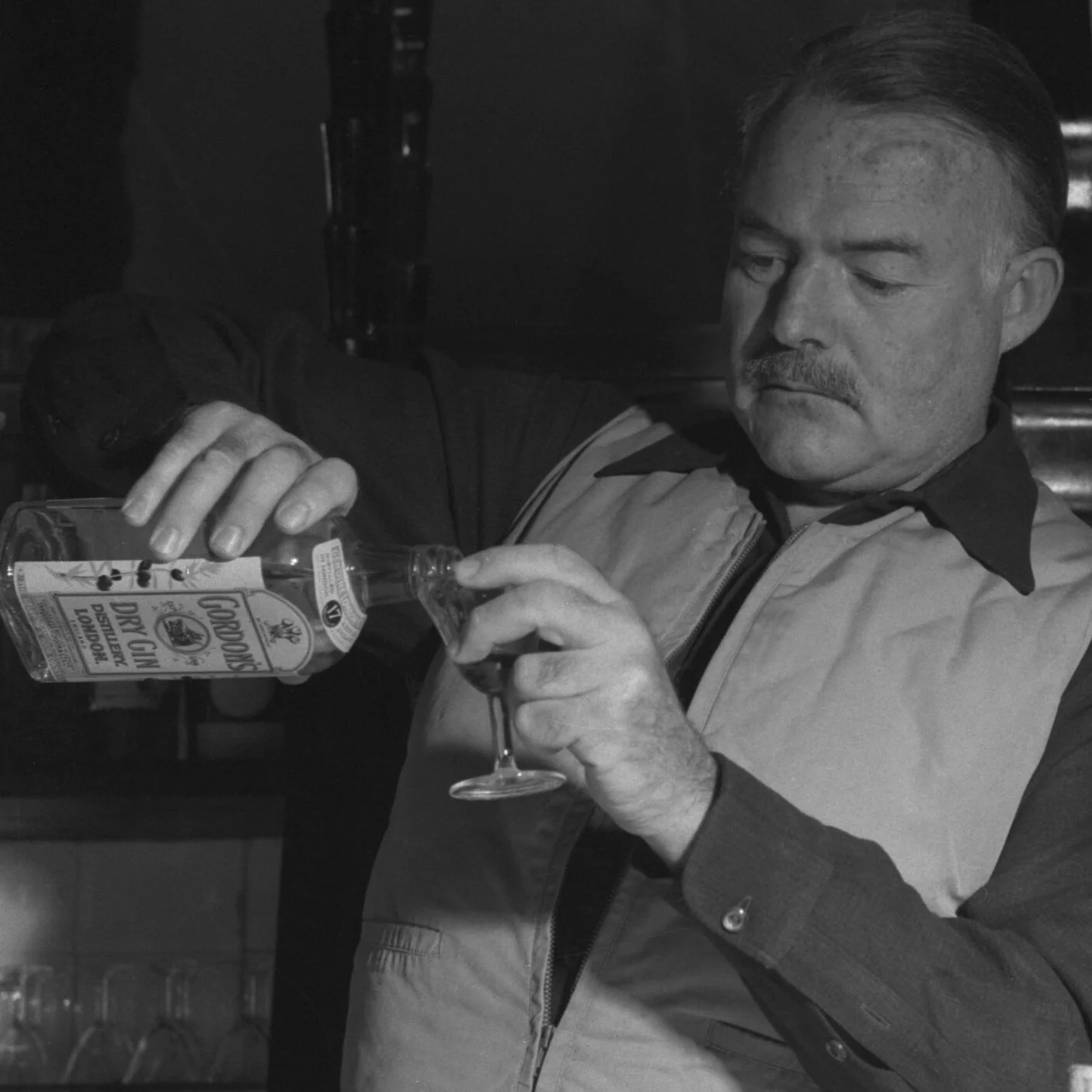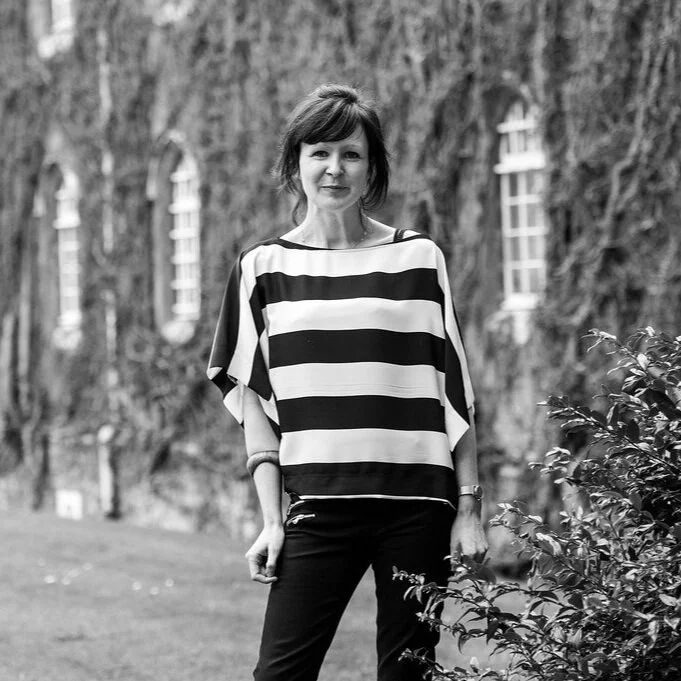Book Review: 'The Trip to Echo Spring: On Writers and Drinking' by Olivia Laing
/Rating: 5/5
F. Scott Fitzgerald didn’t consider beer to be alcohol.
In her 2013 book of essays entitled The Trip to Echo Spring: On Writers and Drinking, British writer and critic Olivia Laing looks at the link between creativity and alcohol. She writes that the great American writer never even considered that alcohol might be causing the trouble he had in attaining a good night’s sleep. Though alcohol would help Fitzgerald slip into sleep, he avoided drinking it when he was in dire need of rest, Laing says. “[This] begs the question of why he doesn’t just use it, since the lack of sleep is evidently agonising,” she writes, going on to note that Fitzgerald admitted that having a drink at night meant he would feel “bad” the next day. “Bad is a strangely flat word to use in such a lavishly detailed setting [in his 1934 Esquire essay “Sleeping and Waking”]. It doesn’t really do justice to the intensity of his suffering.
This is a discussion in the book on the topic of alcohol-induced insomnia. Earlier in the essay, Laing describes the scientific evidence that chronic drinking causes sleep disturbances, and how sleep problems in turn create more desire to drink. Laing illustrates how Fitzgerald felt about alcohol: nuanced and complex, excruciatingly circular, hopelessly painful — drink leading to sleeplessness, sleeplessness leading to drink.
This discussion of insomnia itself begins with Laing taking a train through the U.S., thinking about her own insomnia and unfolds into her own story about alcohol. This is what allows Laing to approach the subjects of her criticism with unbridled love and sympathy, without a smidgen of judgement. Her criticism of writers past, of culture present, is an attempt at understanding herself. This is why this book is so good.
For those who aren’t familiar with Laing, she rose to universal fame with 2017’s The Lonely City: Adventures in the Art of Being Alone. The beginning of the Covid-19 pandemic heralded her jaw-droppingly apt Funny Weather: Art in an Emergency, and just this past May, she released her sixth book, Everybody: A Book About Freedom, which looks at the historical and present-day struggle for bodily autonomy. A Trip to Echo Springs is one of Laing’s earlier works but absolutely appropo in light of the past two years, which have seen many turn to alcohol for a much-needed reprieve. A Trip to Echo Springs, looks at the lives of authors F. Scott Fitzgerald, Ernest Hemingway, Tennessee Williams, John Berryman, John Cheever, and Raymond Carver and their attitudes toward the powerful currents of creativity and alcohol that ran through each of their lives. What better way to understand our present than by following Laing’s lead — this may help all of us to understand our surroundings.
Olivia Laing at Cambridge (Chris boland/Creative commons)
Trip to Echo Springs is quintessential Laing, searing and delicate. It contains keen literary criticism, lyrical prose, trenchant observations, and searing cultural commentary, at the heart of all of which lies an endeavour to decipher herself, to solve the mysteries at the core of her own identity. She grew up around alcoholic parents, and so by looking at the lives of creatives she admires she is trying to find a reflection of herself in their identities. This book demonstrates, that addiction to alcohol is not black and white and recovery sometimes backfires. Laing reminds us that people are people, that hurt destroys, and that ultimately our failures can inspire hope.
In working through her own life with the help of some of America’s greatest writers, Laing helps us to remember our own fallibility, and that it is possible to survive past wrongs. Read this book, you will thank me.






